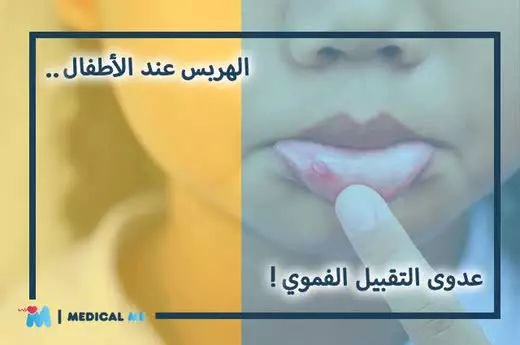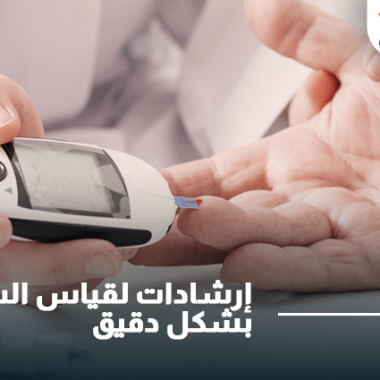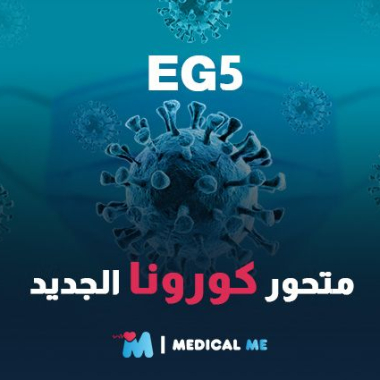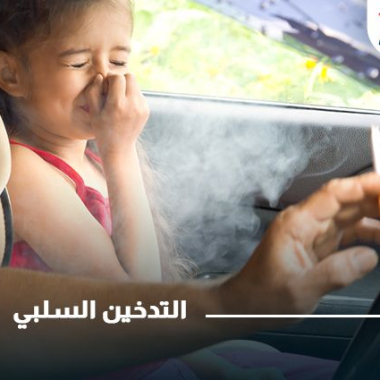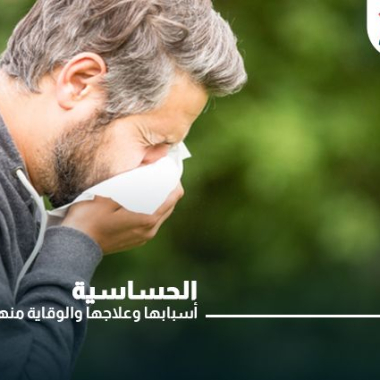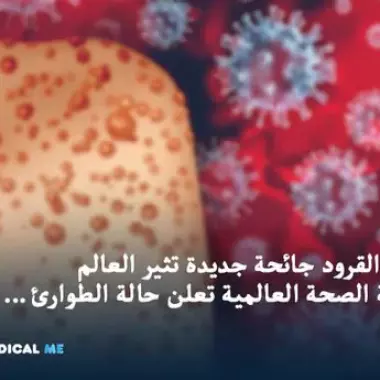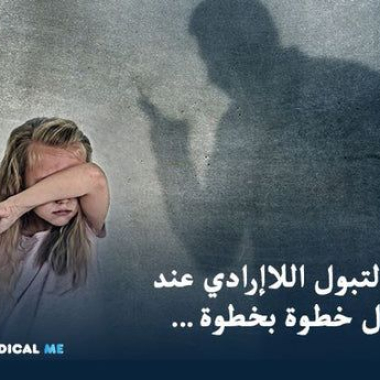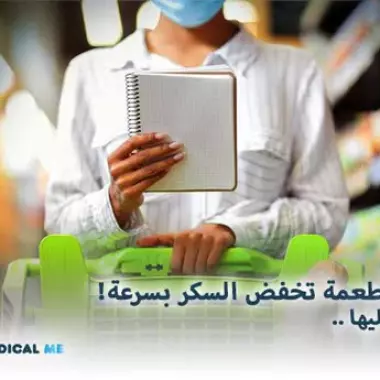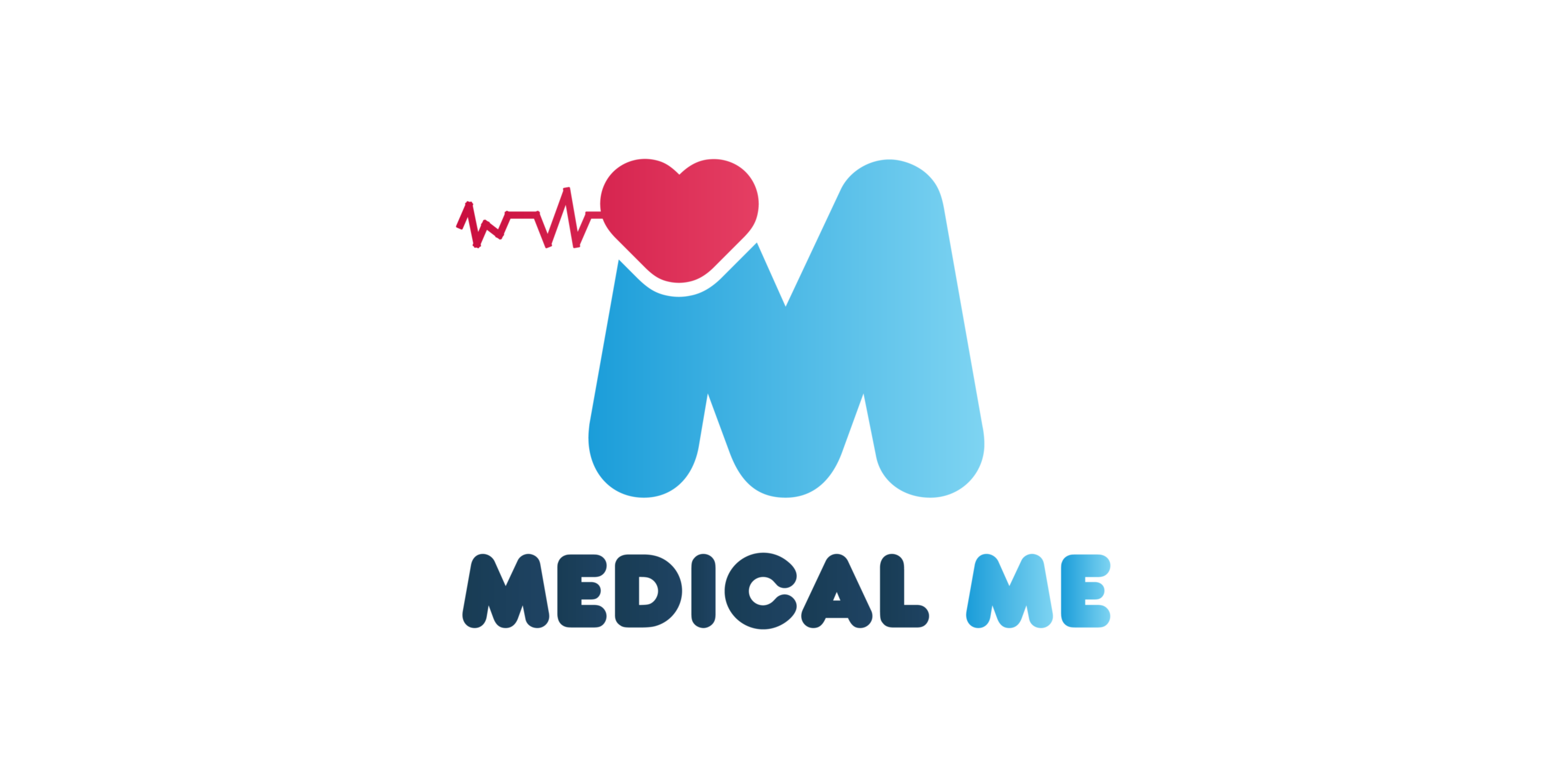هربس الأطفال
تصور معي مشهد تجمُّع عدداً من الأفراد في جو اجتماعي بهيج آباء وأمهات وأطفال.. مشهداً رائعاً أليس كذلك!
ولكن للأسف ما تُخفيه تلك التجمعات ربما يحمل بعض الخطر على الأطفال، فمع بدء التجمعات تبدأ بعض الأمراض المعدية في الظهور والانتشار بين الأطفال بشكل سريع؛ نظراً لكثرة التلامس فيما بينهم في تلك التجمعات ومن بين تلك الأمراض مرض هربس للأطفال.
وهذا ما سوف نتناوله في هذا المقال؛ ما هو هربس الأطفال، وكيف ينتقل، وما هي أعراضه وعلاجه وكيفية الوقاية منه.
فيروس الهربس البسيط:
عدوى هربس الأطفال تكون شائعة، والأطفال الصغار والرُضَّع هم أكثر عُرضة للإصابة بالعدوى لأن نظامهم المناعي قد لا يكون قويًا بما يكفي لمكافحة الفيروس. قد تظهر أعراض الهربس لدى الأطفال على شكل قروح أو طفح جلدي أو تهيج. إذا اشتبهت في إصابة طفلك بالهربس، فمن الأفضل مراجعة الطبيب للتشخيص الدقيق والحصول على العلاج المناسب. قد يشمل العلاج الراحة وتناول الأدوية المضادة للفيروسات إذا لزم الأمر.
هو فيروس ينقسم في نمطه إلى قسمين، يختلف كلا منهما عن الآخر:
- الهربس الفموي:
وهو ينتشر بين الأطفال عن طريق تلامس بثور الطفل المصاب بطفل آخر.
- الهربس التناسلي:
وهو ينتشر بين الأزواج عن طريق الجماع إذا كان أحدهما مصاباً.
تكمن خطورة هذا الفيروس في أنه لا يشترط ظهور أعراض لمرض الهربس الفموي والتناسلي على الأشخاص المصابة ولكن يظل هذا الشخص ناقلاً للمرض حتى وإن لم تظهر عليه أي أعراض!
فيروس هربس الأطفال:
عبارة عن فيروس يحتوي على شريطين من الـ DNA يصيب بعض الأطفال حديثي الولادة مما يبثّ الرعب في قلوب أهل الطفل خوفاً عليه، ويعتبر فيروس هربس الأطفال أحد الفيروسات التي تسبب ظهور بعض الالتهابات الجلدية خاصة على جدار الفم.
كما يعدّ أحد أشد وأسرع الأمراض الجلدية انتشاراً بين الأطفال، بسبب سهولة انتشاره عن طريق التلامس.
أسباب الهربس الفموي للأطفال:
- ينتقل الهربس الفموي للمولود عند ولادته إذا كانت الأم حاملة لمرض الهربس التناسلي.
- التقبيل المستمر للطفل من الآخرين.
- قد يصاب الرضيع بفيروس هربس الأطفال إذا بدأ في الرضاعة من أمه وكانت أمه مصابة بالتهابات فيروس هربس على ثديها ولامسها الطفل بفمه.
- عند مخالطة الطفل طفل آخر مصاب بفيروس هربس الأطفال.
- في حالة مشاركة الطفل الأكواب أو المنشفة مع طفل آخر مصاب بفيروس هربس الأطفال.
ولا يشترط عند إصابة الطفل بفيروس هربس الأطفال أن يكون الفيروس نشطاً ربما يكون الطفل مصاب ولكن الفيروس في حالة تثبيط أو عدم نشاط، ولكن هناك بعض الأسباب التي قد تؤدي إلى زيادة نشاط فيروس هربس الأطفال وبالتالي ظهور أعراضه على الطفل المصاب، ومن هذه الأسباب ضعف مناعة الطفل فهذا الفيروس قد يكمن داخل جسده منتظراً تعرض الطفل لضعف المناعة حتى يهاجمه بشدة مُعلناًعن أعراضه!
ولنا هنا وقفة أيتها الأم الحريصة على صحة أطفالها!… أصبح العالم من حولنا مليئاً بالأمراض والأوبئة التي يقف أمامها العلم مكتوف الأيدي … ولعل جائحة كورونا التي مازلنا نعيش مرارة أحداثها واحدة من أكبر الأدلة على هذا .. وتصرخ أحداثها معلنة أن الجهاز المناعي للإنسان هو طوق النجاة وربما يكون السلاح الوحيد الذي يملكه الإنسان في مواجهة تلك الجوائح التي ليس للإنسان عليها سلطاناً! فعليكِ أن تحرصي على دعم جهاز ابنك المناعي بالتغذية الصحية وممارسة الرياضة ونمط الحياة الصحي .. حتى تسلِّحيه بما يحميه في المستقبل.
أعراض الهربس عند الاطفال:
عند التقاط الطفل فيروس هربس الأطفال، يظل الفيروس في الجسم فترة، ويبدأ عمله ونشاطه في فترة تتراوح بين يومان إلى اثنا عشر يوماً بالظهور على جسم ووجه الطفل:
1. يتسبب فيروس هربس الأطفال في ظهور قرح والتهابات على جلد الطفل في أماكن متفرقة من سطح الجلد، ولكن في أغلب الأحيان تظهر تلك الالتهابات والبثور في منطقة الحاجب والجفن والفم، ولكن فيما بعد يسبب فيروس هربس الأطفال ألماً وتورماً في الجلد مما يجعل الطفل دائماً في حالة مزاجية سيئة علاوة على أنه يقوم بحكّها مما يسبب زيادتها وانتقالها لأماكن أخري من جلده، ولحسن الحظ لا تدم تلك البثور والقرح طويلا فسرعان ما تبدأ في الاختفاء تدريجياً بعد أسبوع.
2. يتشابه فيروس هربس الأطفال في بعض أعراضه بفيروسات أخرى مثل فيروس كورونا، في ارتفاع درجة حرارة جسم الشخص المصاب، حتى تصل إلى 39 درجة مئوية ويبدأ الشعور بألم في الرأس وقد تظهر بعض الالتهابات في حلق الطفل أيضاً
3. عدم شعور الطفل بالراحة بسبب تلك الآلآم وربما يفقد الطفل شهيّته للأكل بسبب التهابات الحلق الناتجة عن فيروس هربس الأطفال.
4. قد يُسبّب فيروس هربس الأطفال أعراض تستدعي استشارة الطبيب مثل زيادة خمول الطفل عن اللازم وقلة نشاطه، وكذلك وجود صعوبة في التنفس.
علاج فيروس هربس عند الأطفال:
لا يوجد علاج واحد لفيروس هربس الأطفال، ولكن العلاج يتحدد وفقاً لمعايير كثيرة منها سن الشخص؛ في حالة كان سن الطفل صغير جداً أو كان الطفل حديث الولادة فلابد من استخدام العلاج المناسب من فيتامينات ومضادات حيوية مثل (أسيكلوفير) الذي يعمل كمضاد للفيروسات ويثبط نشاط فيروس هربس الأطفال في الجسم، فيظل الرضيع محتجزاً لمدة قد تصل إلى ثلاثة أسابيع في الحضانة.
ولكن الأطفال الأكبر سنّاً ليسوا في حاجة لتناول المضادات الحيوية التي تُثبَّط نشاط الفيروس ويظل فيروس هربس الأطفال فترة في الجسم وأعراضه كما هي حتى تبدأ في الاختفاء تدريجيّاً من تلقاء نفسها بدون أخذ أدوية.
كما يفضل عدم تعرض الطفل المصاب لأشعة الشمس طوال فترة المرض إلا للضرورة، ليتجنب أشعة الشمس الضارة، يجب على الطفل عند خروجه للضرورة وضع كريم مضاد لأشعة الشمس الضارة، ويمكن استخدام كمادات الماء البارد في التخلص من القرح والالتهابات التي يسببها فيروس هربس الأطفال.
أشكال الهربس عند الأطفال
الهربس هو عبارة عن مجموعة من الفيروسات التي يمكن أن تسبب العدوى في الإنسان. تعد الأشكال الشائعة للهربس عند الأطفال هي:
-
الهربس الفموي (Herpes Simplex Virus-1 – HSV-1): يتسبب في ظهور زكام الشفاه والثغر (القروح البارزة الحمراء) حول الفم والشفاه. قد يكون الطفل صغيرًا ولم يتعرض لهذا الفيروس من قبل، وهو ينتقل عادة عن طريق الاتصال المباشر مع الشخص المصاب أو الأشياء التي تلامس فم الشخص المصاب.
-
الهربس التناسلي (Herpes Simplex Virus-2 – HSV-2): يصيب منطقة الأعضاء التناسلية والمؤخرة وقد ينتقل من الأم إلى الطفل أثناء الولادة إذا كانت الأم مصابة بالهربس التناسلي.
-
هربس الجلد والعيون (Herpes Gladiatorum): يعتبر هربس الجلد والعيون شائعًا بين الرياضيين وخاصة لاعبي المصارعة حيث ينتقل عن طريق الاتصال الجلدي المباشر.
-
هربس الإصبعين (Herpetic Whitlow): يصيب الأصابع ويمكن أن يحدث عندما يلامس الشخص الجلد المصاب بالهربس.
يجب أن يراعى أن الهربس لدى الأطفال قد يسبب أعراض خفيفة ومؤقتة في بعض الحالات، لكن في بعض الأحيان يمكن أن يكون للهربس تأثير أكبر ويتطلب متابعة طبية. إذا شك الوالدين بأن طفلهم مصاب بالهربس أو ظهرت أعراض غير معتادة، فمن الأفضل استشارة الطبيب للتشخيص الدقيق والحصول على العلاج المناسب.
اسباب الهربس عند الاطفال:
الهربس عند الأطفال يسببه فيروس الهربس (Herpes Simplex Virus)، وهناك عدة أسباب لإصابة الأطفال بهذا الفيروس، تشمل:
-
الاتصال المباشر مع شخص مصاب: ينتقل فيروس الهربس بسهولة من شخص إلى آخر عن طريق الاتصال المباشر، مثل القبلات، ومشاركة أدوات الطعام أو الشراب، والتقاسم اللعب، والتلاعب بالأشياء الملوثة.
-
الاتصال الجلدي المباشر: قد ينتقل الفيروس من شخص إلى آخر عندما يتلامس جلد المصاب مع جلد شخص آخر، ويمكن أن يحدث هذا أثناء اللعب أو الاحتكاك بشكل عام.
-
الإصابة بالهربس التناسلي أثناء الولادة: إذا كانت الأم مصابة بالهربس التناسلي وأُصيب الجنين قبل أو أثناء عملية الولادة، قد ينتقل الفيروس إلى الطفل عند الولادة.
-
نقل الفيروس من الأم إلى الطفل أثناء الرضاعة: قد تنتقل العدوى بفيروس الهربس عن طريق الرضاعة من الأم إلى الطفل إذا كانت الأم مصابة بالهربس على الثدي أو حول منطقة الفم.
يُعَتَبَر الفيروس عدوى شائعة ويمكن أن يصاب بها الأطفال في سن مبكرة، حيث يكون نظام المناعة لديهم ضعيفًا، مما يجعلهم أكثر عُرضة للإصابة بالهربس. يمكن أن يكون الفيروس موجودًا في جسم الشخص ولا تظهر عليه أعراض، ومع ذلك يمكنه نقل العدوى إلى الآخرين. لذلك من المهم اتباع إجراءات الوقاية وتوخي الحذر في التعامل مع الأشخاص المصابين بالهربس لتجنب الإصابة بالفيروس.
الوقاية من مرض الهربس البسيط:
تتمثّل الوقاية من مرض الهربس في عزل المصاب حتى لا يؤذي الآخرين طوال فترة مرضه ويقوم باستخدام أدوات خاصة كالأكواب والمنشفة وأدوات المائدة، وغيرها من أدوات الاستخدام الشخصي سواء كان الشخص بالغاً أو طفلاً.
وللوقاية من انتشار فيروس هربس الأطفال الفموي لابد من:
1. التوقف عن تقبيل الطفل في الشهور الأولى تجنباً للعدوى من أي شخص مريض بتلك البثور الذي يسببها الفيروس.
2. عدم لمس الطفل إذا كانت اليد غير نظيفة، ويفضل غسلها باستمرار، لأنه يمكن أن تكون اليد حاملة للفيروس بدون علمنا.
الملخص:
تحدثنا في هذا المقال عن هربس الأطفال هذا المرض الفيروسي الذي يصيب الكبار والصغار، واسترسلنا عن كيفية انتقاله بين الأطفال، وما هي أعراضه ومتى تظهر تلك الأعراض ومتى لا تظهر، وعلاجه وكيفية الوقاية منه.
على الرغم من أن العدوى قد تسبب أعراضًا خفيفة ومؤقتة في بعض الحالات، إلا أنه في بعض الأحيان يمكن أن يكون للهربس تأثير أكبر ويتطلب متابعة طبية. إذا شك الوالدين بأن طفلهم مصاب بالهربس أو ظهرت أعراض غير معتادة، فمن الأفضل استشارة الطبيب للتشخيص الدقيق والحصول على العلاج المناسب. وبناءً على النوع ومدى الإصابة، قد يكون العلاج يتراوح بين الراحة وتناول الأدوية المضادة للفيروسات.











